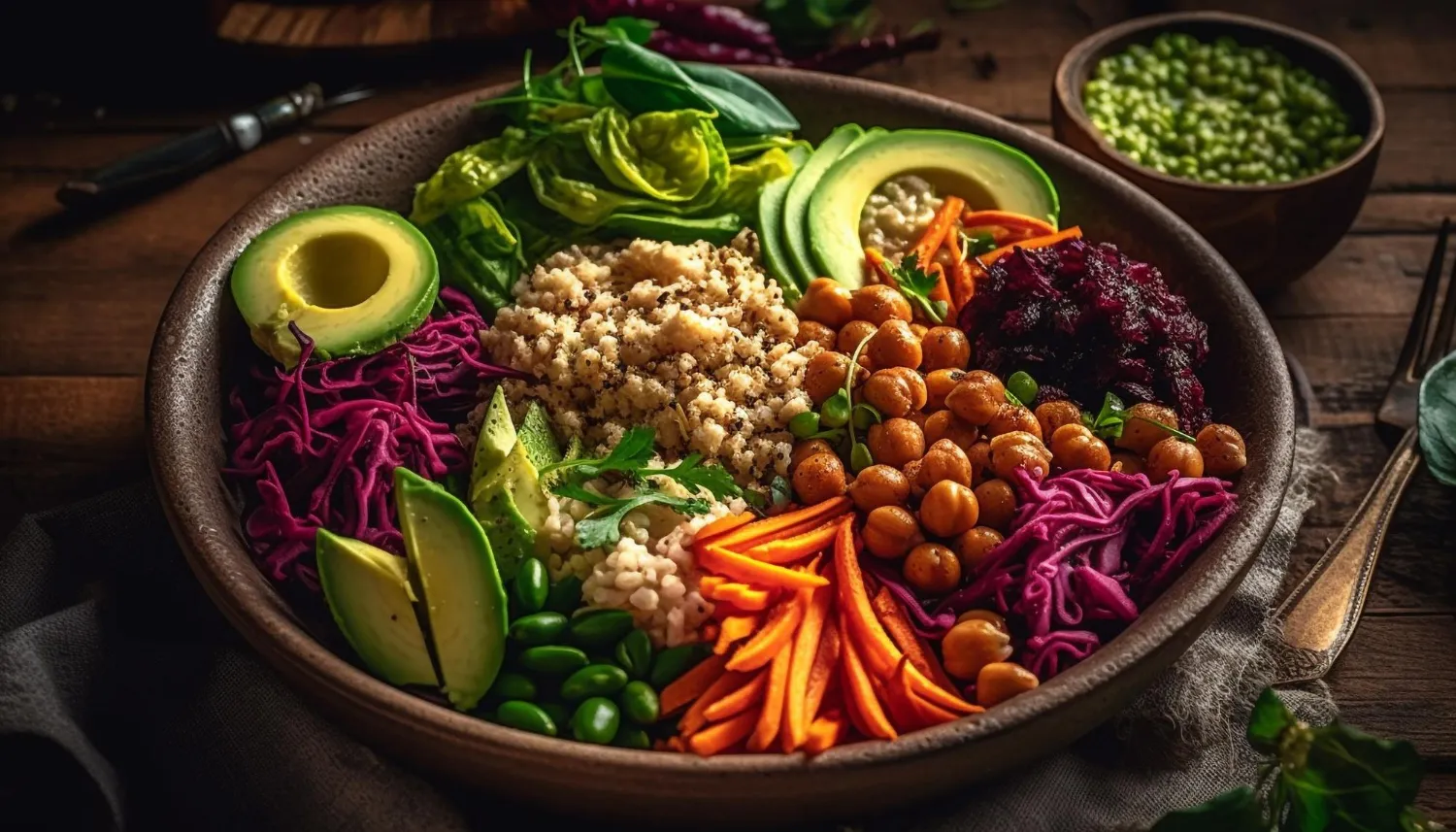Planetary Health Diet: A healthy, sustainable diet can dramatically lower your chance of dying young, according to a ground-breaking study from the Harvard T.H. Chan School of Public Health. This is the first study assessing the impact of following the 2019 EAT-Lancet recommendations. The Planetary Health Diet (PHD) is a dietary pattern that emphasises a large variety of minimally processed plant foods with a limited amount of dairy and meat. In comparison to those with the lowest adherence, the study found that rigorously adhering to the Planetary Health Diet can reduce your risk of dying young by 30%. It also lowers the chance of dying from heart disease, lung disease and cancer.
What is the Planetary Health Diet?
The Planetary Health Diet limits intake of meat and dairy products and steers clear of processed meals in favour of promoting the consumption of fruits, vegetables, nuts, and whole grains. In addition to supporting proper bodily function, this diet provides vital vitamins, minerals, and antioxidants that lower blood pressure, control blood sugar and improve cholesterol levels. The PHD’s high fibre content helps with weight management and supports digestive health. Its high Omega-3 fatty acid concentration also decreases cancer risk and improves cardiovascular health.
Pros of the Planetary Health Diet
Nutrient-Dense Foods
You will get the necessary nutrients for optimum health because the diet places a strong emphasis on nutrient-dense, minimally processed foods. Vitamins, minerals, and antioxidants found in these meals are essential for maintaining healthy biological functions and preventing disease.
Cardiovascular Health
Rich in Omega-3 fatty acids, the PHD lowers inflammation and promotes heart health. Frequent eating of foods high in omega-3 fatty acids, nuts, and seeds improves cardiovascular health and reduces the risk of heart disease.
Digestive Health and Weight Management
The high fibre content of the diet aids in controlling body weight and gastrointestinal health. Foods high in fibre, such as whole grains, beans, and lentils, increase fullness and reduce overindulgence.
Tips for Incorporating the Planetary Health Diet
Increase Plant-Based Proteins
Increase your intake of foods high in plant protein, such as lentils, beans, and chickpeas. These foods are great alternatives to animal proteins because they’re high in nutrients and fibre.
Eat Omega-3 Rich Fish
Eat fish that is strong in Omega-3 fatty acids, such as mackerel and salmon. These fish lower inflammation in the body and are good for the heart.
Add Nuts and Seeds
Add a range of nuts and seeds, such as chia seeds, flaxseeds, and almonds. Your consumption of protein and nutrients is increased by these foods, which promotes general health.
Choose Whole Foods
Opt for whole foods over processed ones. Whole foods retain their nutrients and are free from harmful additives found in processed foods.
Maintain Optimal Caloric Intake
Make sure you eat the right amount of calories, which vary depending on your age, gender, and degree of activity. An adult needs roughly 2,500 kcal a day on average.
Cons of the Planetary Health Diet
While the Planetary Health Diet offers numerous benefits, it is not without criticism. Some experts argue that the research is based on outdated information, particularly regarding saturated fats. The diet’s recommendation to reduce red meat, eggs, and dairy can lead to nutritional deficiencies, including low levels of vitamin B12, retinol, vitamin D, and calcium. Additionally, the imbalance of omega-3 and omega-6 fatty acids due to high plant oil intake and low fish consumption may pose health risks.
Disclaimer: This material, including advice, provides general information only. It is in no way a substitute for a qualified medical opinion. Take the methods, and claims mentioned in this article as suggestions only; DNP India does not confirm or refute them. Consult a doctor before implementing any such suggestions/ treatment/medicine/diet.
Keep watching our YouTube Channel ‘DNP INDIA’. Also, please subscribe and follow us on FACEBOOK, INSTAGRAM, and TWITTER


